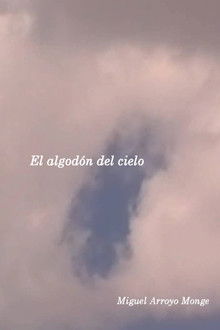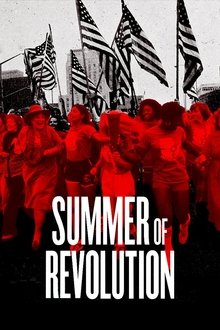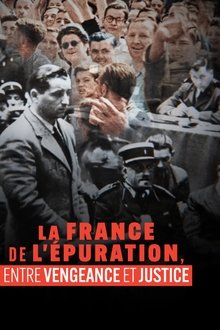At a critical moment in the history of the written word, as humanity’s archives migrate to the cloud, one filmmaker goes on a journey around the globe to better understand how she can preserve her own Romanian and Armenian heritage, as well as our collective memory. Blending the intellectual with the poetic, she embarks on a personal quest with universal resonance, navigating the continuum between paper and digital—and reminding us that human knowledge is above all an affair of the soul and the spirit.
Related Movies
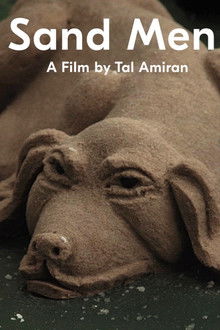
Sand Men (NaN)
Neculai, Aurel and Raj all left their homes in Romania for the same reason - to seek a better life for their family. Now, in Britain, with their loved ones depending on them, they survive by creating sand sculptures on London’s streets.

The Dialogue (NaN)
The journey of eight diverse youth in China confronting cultural differences. Crossing Borders - Widening Horizons - Building Bridges between Cultures

Fluisteraars (2024)
Destroying your own artwork. For many artists it is unmentionable, but Loes Heebink from Kolderveen irreparably destroyed her artwork "Fluisteraars" herself and came up with the idea for a documentary of the same name, directed by Saskia Jeulink.

Julia Bradbury: Breast Cancer and Me (2022)
Charting Julia Bradbury's battle with breast cancer, following her as she comes to terms with her diagnosis and prepares for a potentially life-saving single mastectomy. Central to Julia's story is her support network, including her husband Gerard and their three children, her parents and her older sister Gina.
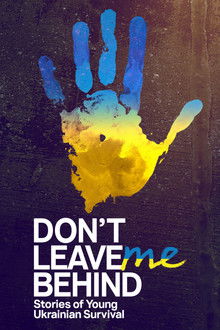
Don't Leave Me Behind: Stories of Young Ukrainian Survival (2023)
The fears and resiliencies within a group of teenage refugees from Ukraine are uncovered in this film that brings the camera steps away from the front lines to the Ukraine-Poland border.
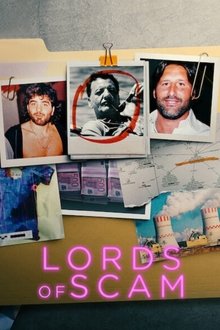
Lords of Scam (2021)
This documentary traces the rise and crash of scammers who conned the EU carbon quota system and pocketed millions before turning on one another.
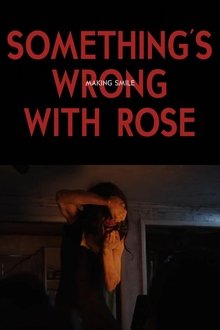
Something's Wrong With Rose: Making Smile (2022)
A half-hour featurette on how the film was made, which includes the original short film and a guide to how it was expanded upon.

The Champs Are Back (2022)
The Champs Are Back: A Docu-Short is a student-made documentary short following the three-time national champions Waltham High School Varsity Cheerleading Team as they perform at a competition.
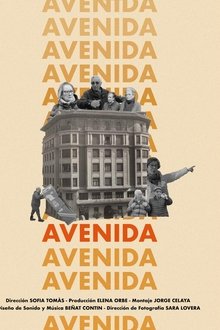
Avenida (2024)
A place with stairs, but that leads to walls. A place with lots of space, but no one fights for it. And a place with lots of owners, but so empty that no one wants to enter.
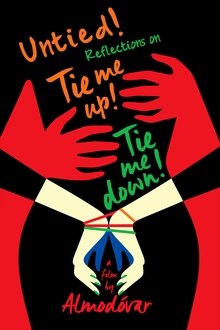
Untied! Reflections on Tie Me Up! Tie Me Down! (2014)
Produced in 2014, this documentary about the making of TIE ME UP! TIE ME DOWN! features interviews with director Pedro Almodóvar; actors Antonio Banderas, Victoria Abril, Loles León, and Rossy de Palma; producer Agustín Almodóvar; production manager Esther García; and cinematographer José Luis Alcaine.
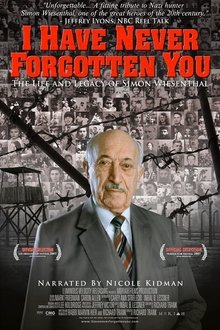
I Have Never Forgotten You: The Life & Legacy of Simon Wiesenthal (2007)
"I Have Never Forgotten You" is a comprehensive look at the life and legacy of Simon Wiesenthal, the famed Nazi hunter and humanitarian. Narrated by Academy Award winning actress Nicole Kidman, it features interviews with longtime Wiesenthal associates, government leaders from around the world, friends and family members--many of whom have never discussed the legendary Nazi hunter and humanitarian on camera. Previously unseen archival film and photos also highlight the film. What was the driving force behind his work? What kept him going when for years the odds were against his efforts? What is his legacy today, more than 60 years after the end of World War Two?
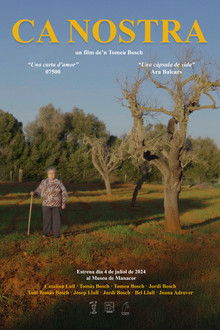
Our Home (2024)
A film in which the author seeks to express the love he feels for the central figure of the family: his grandmother. By documenting her daily life and interviewing family members about their feelings toward her, this documentary becomes a love letter.

A Tour of the Louvre (2021)
The tumultuous history of the Louvre Museum, founded in 1793, and its fabulous art collections, an immortal testimony to the destiny of France and all of Europe.
